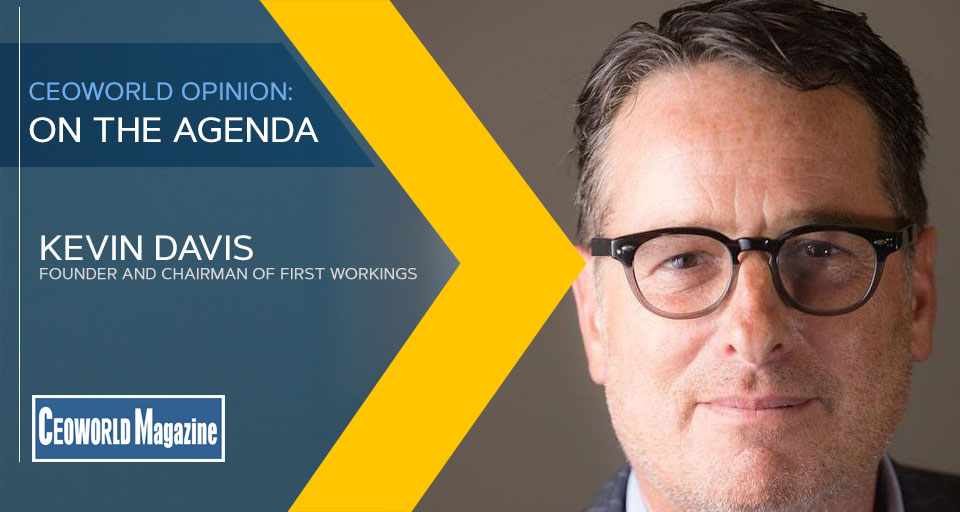Mentorship Is Critical to the Post-Pandemic Workplace

The “water cooler talk,” a seemingly casual, friendly conversation with co-workers and managers that was much lamented after the past year of workplace shutdowns.
Beyond connecting with coworkers on a personal level, these one-on-one conversations are deeply valuable in solidifying professional relationships by building collegiality with peers and managers, and investing in oneself by developing social capital.
As companies move back into office settings, how do we maintain, support and nurture a collaborative workplace culture after a year of virtual work? And, specifically, how do we create opportunities that are inclusive, allowing interconnection between all employees?
We think the answer is – in part – mentorships.
As the Founder and Chairman of First Workings, a nonprofit that connects high-achieving high school students from underserved and underrepresented communities with paid internships at prestigious companies in all sectors, our main focus is to cultivate mutually beneficial relationships between students and companies. These relationships, in turn, build social capital for students who lack access to robust networks in the field they are pursuing, while helping companies diversify their talent pools.
During the shutdowns of the past year, we shifted our model to offer virtual mentorships in place of in-person internships. This pivot was designed to focus on the tangible and sometimes impromptu learning experiences that can be lost in virtual work environments, particularly when studies find that online interns noted lower academic and developmental value, as well as networking opportunities, during remote internships.
Even before the pandemic, interns and junior-level employees at large and mid-level companies rarely interacted with senior-level staff after the interview process. The pandemic exacerbated this by adding barriers to casual “water cooler” opportunities for younger employees to connect with peers and managers. By incorporating mentorship opportunities into the workplace – whether virtual or in-person – companies can expand connectivity and build relationships between staff at every level, strengthening the mentee’s network as well as the company’s rapport with potential hires.
Mentorship programs are especially critical to attracting, supporting and retaining women and ethnic minority talent. Women and ethnically diverse employees represent only 7% and 9% of Fortune 500 CEO positions, respectively. As corporations face this ongoing diversity crisis, they should prioritize mentorship programming to reinforce their hiring, retention and operational strategies. In fact, companies with diverse workforces experience up to 43% higher profitability. Mentorships can help form a bridge to a diverse talent pipeline – something vitally important as the country navigates a potential labor shortage – while ensuring that every voice is heard, elevated and supported.
However, companies cannot expect a mentoring relationship to happen naturally. Business leaders must make a conscious decision to put the systems in place to make those relationships constructive, accessible and equitable.
Many companies make the mistake of launching mentorship programs without properly training staff on best practices in interacting with mentees, particularly young students of color, in a culturally responsive and conscious way. While these relationships should be a method for students to learn about college and career pathways from an industry professional, they should not feel like a handout or back-of-office program. Companies need to outline clear guidelines and expectations to ensure an equitable and beneficial professional experience. Companies also have the opportunity to outsource the heavy lifting associated with establishing a mentorship program by partnering with local workforce development organizations.
As we return to the office, mentorships can play a valuable and reinvigorating role in office culture. If intentional and inclusive, these interactions can be an important tactic for companies to engage and support employees while investing in future talent pipelines.
Written by Kevin Davis.
Add CEOWORLD magazine to your Google News feed.
Follow CEOWORLD magazine headlines on: Google News, LinkedIn, Twitter, and Facebook.
Copyright 2024 The CEOWORLD magazine. All rights reserved. This material (and any extract from it) must not be copied, redistributed or placed on any website, without CEOWORLD magazine' prior written consent. For media queries, please contact: info@ceoworld.biz








